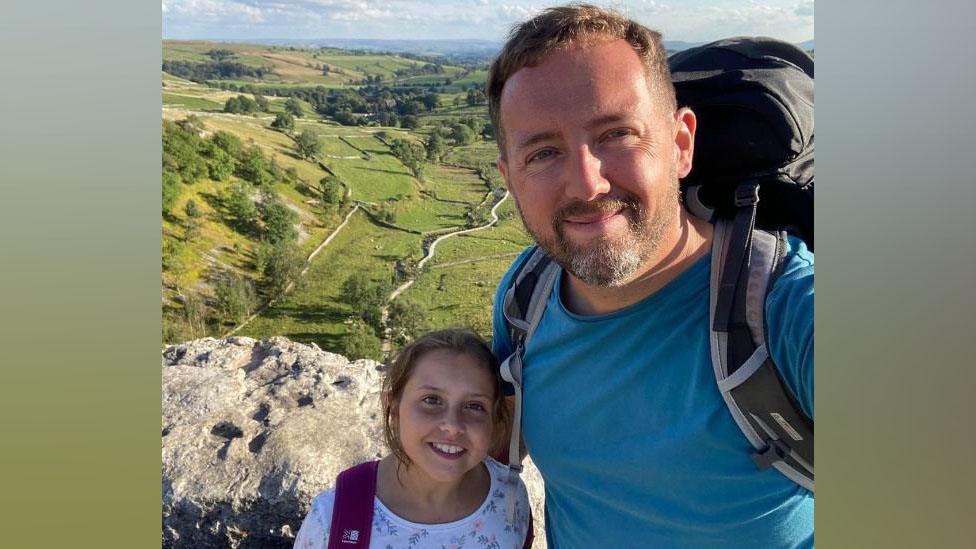Theo Burrell: I was diagnosed with incurable brain cancer aged 35
- Published
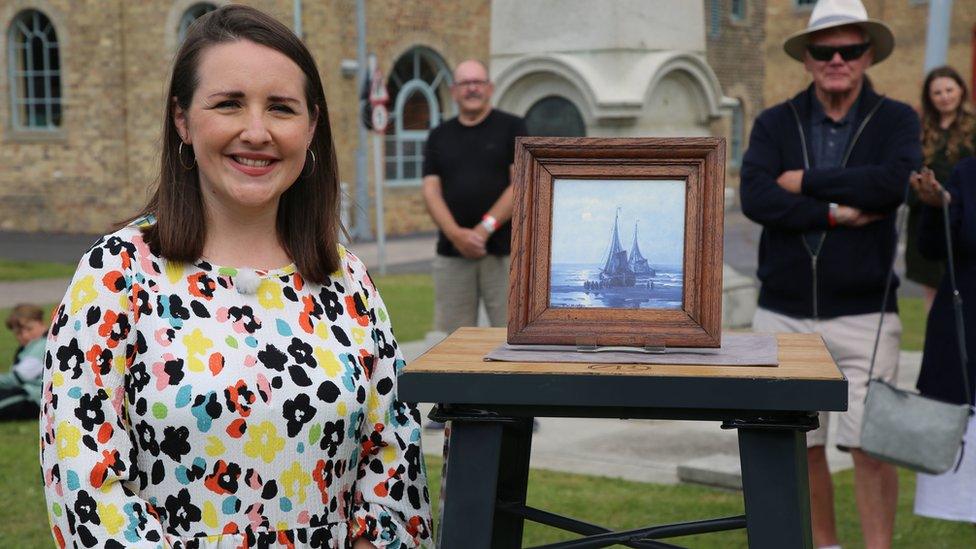
Theo Burrell, a specialist in decorative arts and fine antiques, joined the Antiques Roadshow in 2018
Antiques Roadshow expert Theo Burrell was just 35 when she was diagnosed with an incurable cancerous brain tumour.
For six months she had endured increasingly worsening symptoms but her GP could not pinpoint the cause of her debilitating migraines.
It was only when she was offered a scan at Edinburgh Royal Infirmary's A&E that the 5cm (2in) tumour was discovered.
Now, after months of treatment, she has joined calls for increased investment in brain tumour research.
Brain tumours kill more children and adults under the age of 40 than any other cancer, according to charity Brain Tumour Research.
But just 1% of the national spend on cancer research has been allocated to the disease.
Ms Burrell, whose son Jonah was just one when she was diagnosed last summer, told BBC Radio's Good Morning Scotland programme about her experience.
"I started to get ill in the winter of 2021 and I wasn't diagnosed until the June of 2022, so [I had] five or six months of increasingly worsening symptoms - headaches, sickness, problems with my vision, very, very pressurised pains in my head, migraines - the list went on.
"And it wasn't until I went to A&E at the Royal Infirmary in Edinburgh that I was given the diagnosis. I had absolutely no idea it was coming, it was a huge shock."
The ceramics and glass expert with Lyon & Turnbull auctioneers in Edinburgh said she only learned the seriousness of her diagnosis the following day.
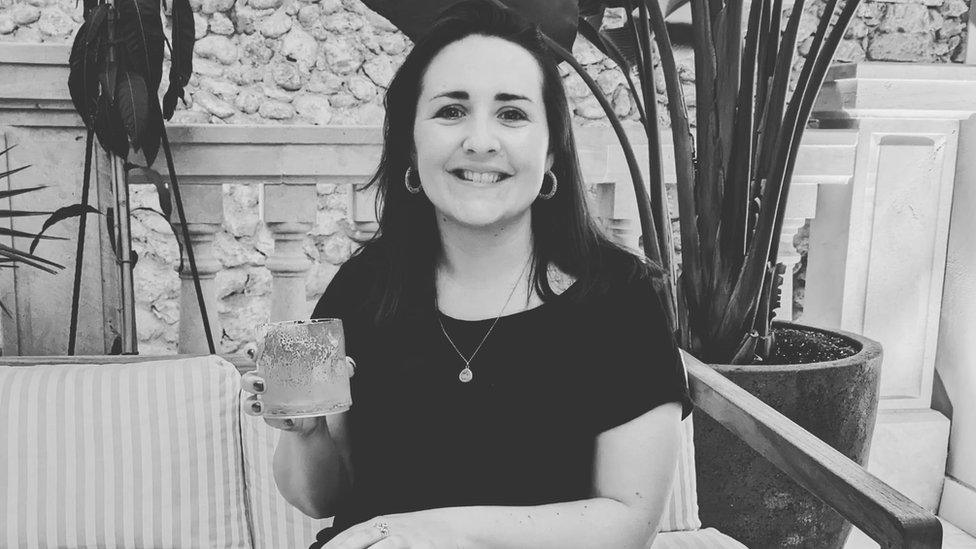
Ms Burrell was diagnosed with an incurable brain tumour last summer
"At first, I didn't quite realise what I was being told," the 36-year-old said. "The information in A&E was there was a 5m cancerous brain tumour in my head but it wasn't until the next day that I saw my surgeon and he explained that this was in fact incurable cancer."
He told her she had glioblastoma, a fast-growing brain tumour which is one of the most common cancerous brain tumours in adults.
"So I was told there and then really in no uncertain terms I will be losing my life to this... it was just shocking," she added.
Since then, Ms Burrell has undergone months of treatment.
"I've had surgery, followed by radiotherapy, alongside chemotherapy, and then once that finished I went on to six months of chemotherapy so that's keeping the cancer in some form of control," she said.
"The surgery debulks the tumour so a lot of the tumour has been removed and right now I'm in a stable position.
"My scans are showing there has been no regrowth since that surgery and in fact some of the tumour has shrunk."
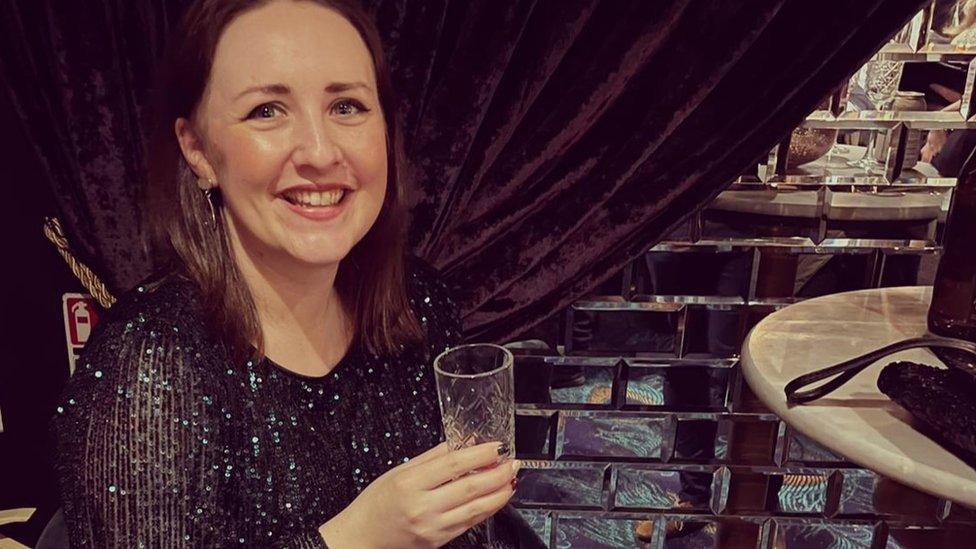
Ms Burrell wants to see more investment in research into brain tumours
It has sapped her of her energy, leaving her very tired a lot of time.
"Just doing a full day off, meeting friends for coffee then doing a bit of shopping, that really takes it out of me. I could be in bed all day the next day," she told BBC Radio Scotland's Mornings programme earlier this year.
She has lost her driving licence, and with that a lot of her independence, and she says she has "this new sort of fear".
"I don't know what's going to happen to my life," she said. "I have scans every three months, so I can get on with life in between those scans but as soon as the next scan is on the horizon, I start to get worried and that manifests itself in physical symptoms - headaches, nausea, fatigue.
"There are lots of positive things as well. I've learned to live day-to-day. I've really given up worrying about the smaller things, things that used to keep me awake at night no longer do.
"Living day-to-day is actually quite freeing, I'm no longer looking too long into the future because it's so uncertain for me."
Call for investment
She said it was shocking that there was so little research into the disease and has joined a campaign urging the UK government to ring-fence £110m of funding for brain tumour research.
A petition is also calling for an increase in the national investment in brain tumour research to £35m a year by 2028.
Brain Tumour Research says that five years after the UK government announced £40m for brain cancer research, just £10.7m has been spent.
"For too long governments have put brain tumours on the 'too difficult to think about' pile," it said.
The UK's Department of Health and Social Care said it had "specifically allocated £40m for research in this area, on top of £1bn a year for wider health research".
It added that it had "invested in every suitable research application made and the funding will continue to be available for further studies to develop new treatments and therapies for brain tumours".
The Scottish government said it had a new 10-year cancer strategy that "aims to significantly cut the number of people diagnosed with later stage cancer and to reduce the health inequalities associated with the disease".
Related topics
- Published14 August 2023
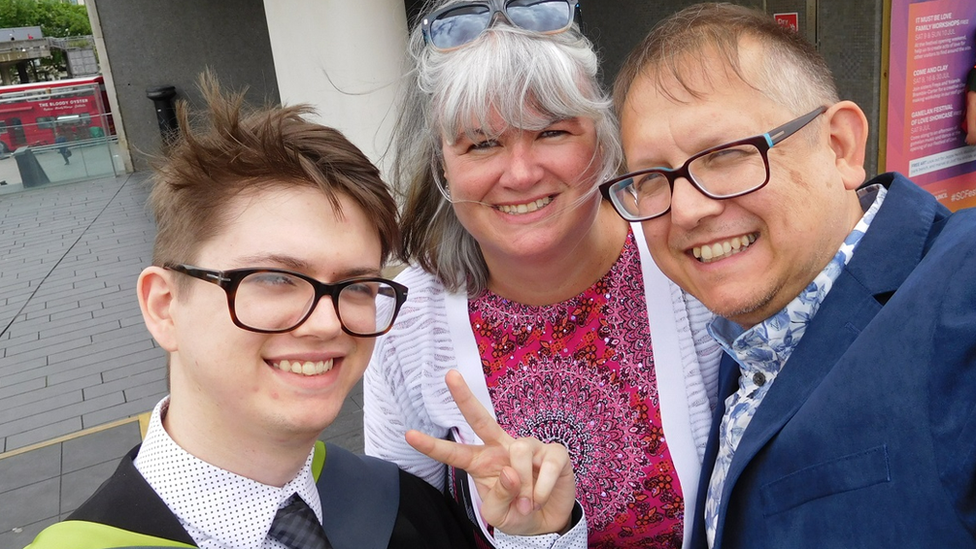
- Published7 June 2023
